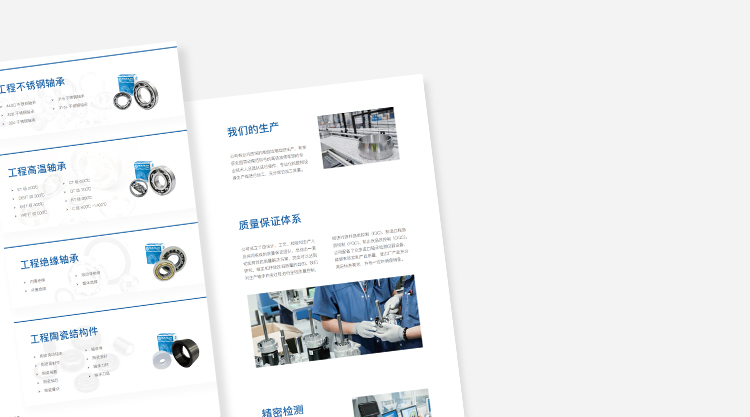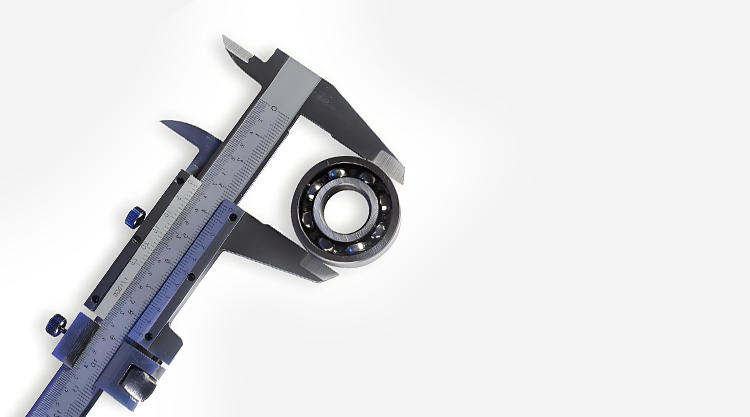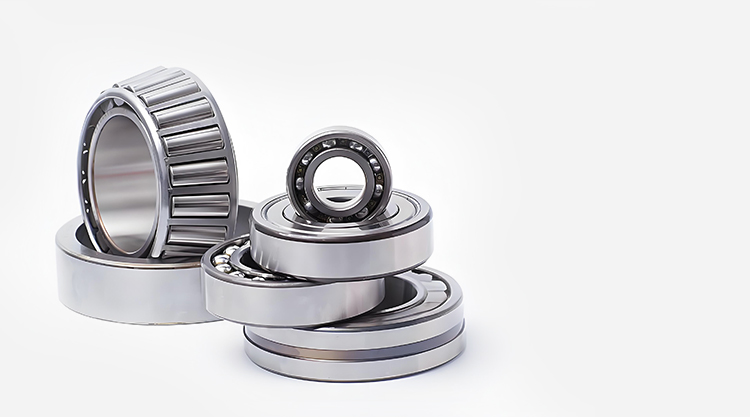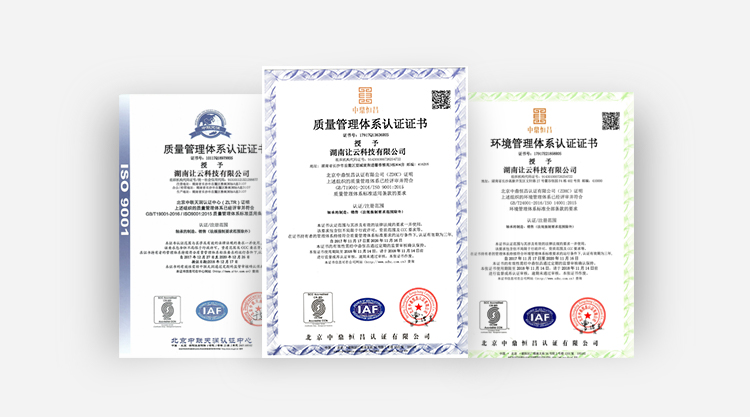When to Choose Ceramic Bearings in Corrosive Environments?
In industrial applications, bearings often operate under high humidity, strong acids and alkalis, or salt spray corrosive conditions, where conventional steel bearings are prone to failure. In such scenarios, are ceramic bearings the best choice? This article analyzes common working conditions and explains when ceramic bearings should be selected in corrosive environments, as well as how to make a reasonable selection.
I. Challenges of Corrosive Conditions for Bearings
In practical use, common corrosive environments include:
| Chemical Industry | Exposure to acidic/alkaline media or corrosive gases |
|---|---|
| Marine Environment | Salt spray and seawater, which easily cause metal oxidation |
| Food & Pharmaceutical Equipment | Frequent cleaning and disinfection, exposure to detergents or steam |
| Electronics Manufacturing | High-purity environments requiring avoidance of metal ion contamination |
In these environments, traditional GCr15 bearing steel has limited corrosion resistance. Even stainless steel bearings (such as SUS440C) tend to wear and fail faster under strong acids, alkalis, or prolonged humidity.
II. Corrosion Resistance Advantages of Ceramic Bearings
The main ceramic bearing materials are Zirconia (ZrO₂), Silicon Nitride (Si₃N₄), or Alumina (Al₂O₃). Compared with metal bearings, their corrosion resistance is outstanding:
| Non-Rusting | Ceramics are non-metallic structures, almost unaffected by salt spray and moisture |
|---|---|
| Acid and Alkali Resistant | Stable performance in most acidic and alkaline environments |
| High Chemical Inertness | Does not react with most chemicals |
| Excellent Insulation | Suitable for applications requiring high electrical insulation |
Therefore, in corrosive conditions, ceramic bearings often provide longer service life and higher stability.
III. When to Choose Ceramic Bearings?
In corrosive environments, not all cases require ceramic bearings. Generally, the following guidelines can be applied:
3.1. Mild to Moderate Corrosive Environment
Environment: Slight humidity, low-concentration salt spray, or weak acids/alkalis. Recommendation: Stainless steel bearings (such as 440C, 316L) are more cost-effective. Ceramic bearings: Consider full ceramic bearings only when extremely long service life is required or downtime is unacceptable.
3.2. Severe Corrosive Environment
Environment: Strong acid/alkali media, concentrated salt spray, or long-term underwater operation. Recommendation: Full ceramic bearings (Zirconia or Silicon Nitride), with superior corrosion resistance.
3.3. High Cleanliness Requirements
Environment: Food, pharmaceutical, or electronics industries, where metal ion contamination must be avoided. Recommendation: Ceramic bearings or hybrid ceramic bearings (ceramic rolling elements + stainless steel rings), offering both corrosion resistance and low contamination.
3.4. Electrical Insulation Requirements
Environment: Motors, high-voltage equipment, requiring bearing insulation to avoid electrical erosion. Recommendation: Silicon Nitride ceramic bearings, combining insulation and corrosion resistance.
IV. Ceramic Bearings vs. Stainless Steel Bearings
| Stainless Steel Bearings | Suitable for cost-sensitive applications or mild-to-moderate corrosive conditions. |
|---|---|
| Ceramic Bearings | Suitable for severe corrosion, high cleanliness, and maintenance-free applications. Although more expensive, they offer longer service life. |
V. Conclusion
In corrosive environments, whether to choose ceramic bearings depends on actual conditions, budget, and maintenance cycle: Mild corrosion → stainless steel bearings; Severe corrosion, long life, cleanliness or insulation requirements → ceramic bearings.
Correct bearing selection not only extends equipment life but also reduces downtime and maintenance costs.
-
09 2025.09Unveiling the Golden Film: How This Film Controls the Lifeblood of Global Industry? B
When you swipe through this push notification on your foldable screen phone,
-
09 2025.09Revealing the Core Power of Semiconductor
1. Semiconductor "Involution" Upgrades, CMP Equipment Becomes a Global Battleground
-
09 2025.09Steel Joints of Offshore Wind Turbines: A Hardcore Survival Guide for Bearings in Hig
When hundred-meter-tall steel giants spin and dance in raging waves,
-
09 2025.09High-Speed Cutting and Stacking Integrated Machine Bearing Technology Solutions
Today, I will share with you the bearing technology solutions for high-speed cutting and stacking integrated machines. We have been involved in this industry for several years, and now it is beyond th




